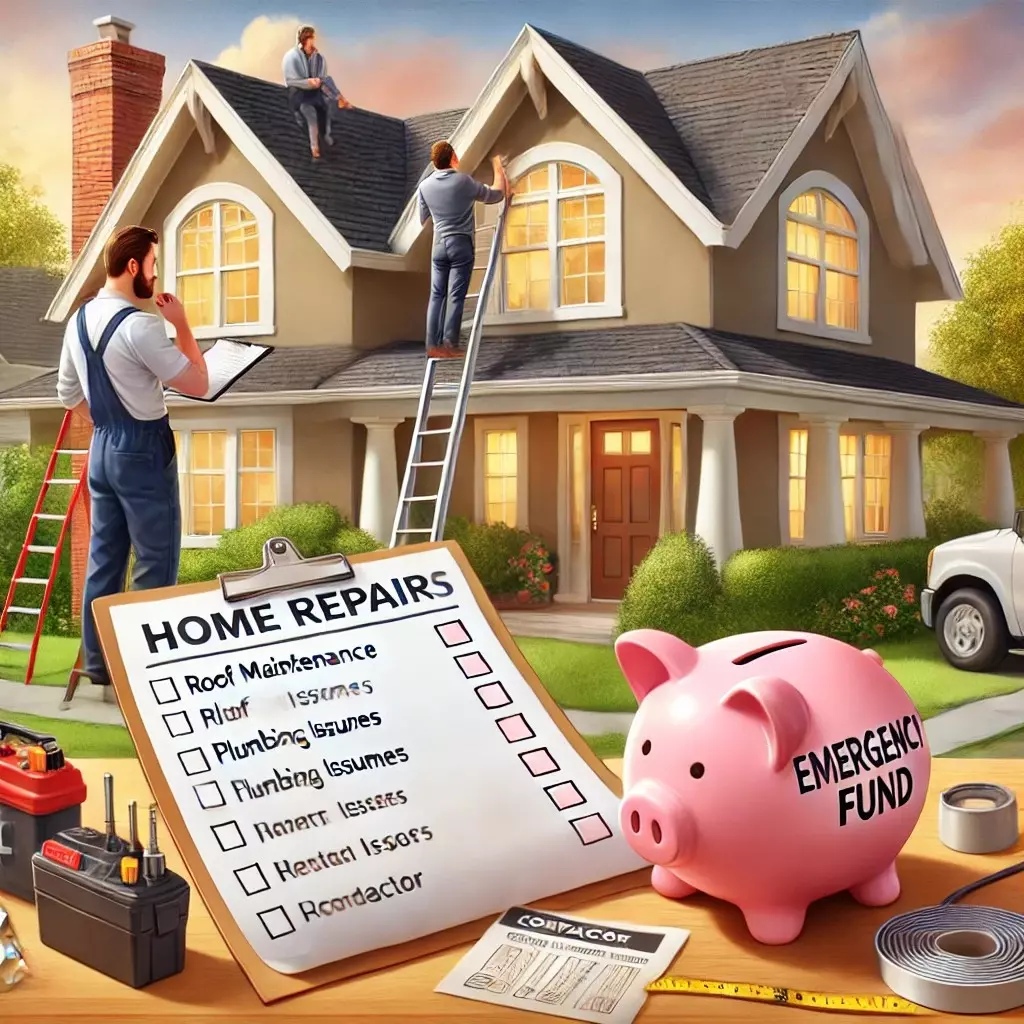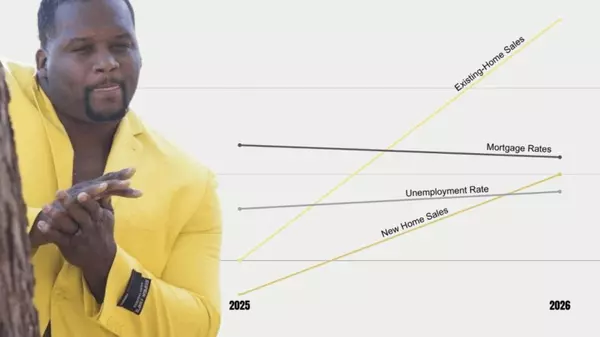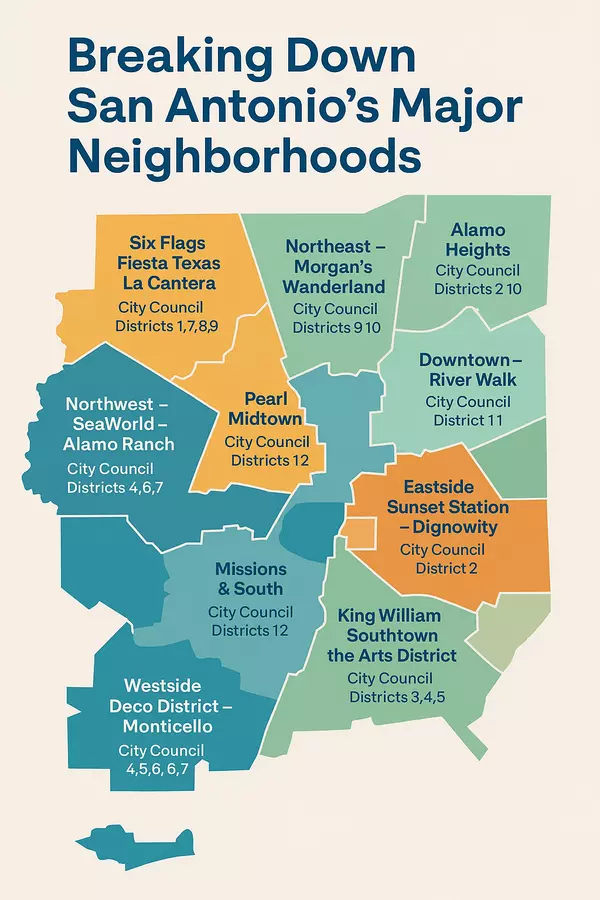What to Do When a Home Repair Emergency Happens

Owning a home is a rewarding investment, but it also comes with unexpected costs. Did you know that over 30 years, the average homeowner spends more than $180,000 on maintenance and repairs? That’s nearly as much as some people spend on their mortgage interest over the life of a loan!
According to a recent Real Estate Witch survey, homeowners shell out an average of $6,087 per year on unexpected repairs. That’s more than most people pay for property taxes or homeowners insurance. And yet, almost half of homeowners admit they don’t actively budget for home repairs.
So, how much should you be saving? And what steps can you take today to protect yourself from emergency repair debt? Let’s break it down.
The True Cost of Home Repairs
From HVAC failures to foundation cracks, home repairs aren’t just expensive—they’re inevitable. Some of the most common (and costly) repairs include:
✅ HVAC repairs or replacements – $5,000 – $10,000
✅ Roof repairs or replacement – $3,000 – $15,000
✅ Plumbing issues (burst pipes, sewer line problems) – $2,000 – $10,000
✅ Foundation repairs – $5,000 – $25,000
✅ Electrical system repairs – $2,000 – $6,000
Without proper financial planning, these expenses can completely derail your budget. In fact, 59% of homeowners say they wouldn’t be able to cover a $5,000 emergency repair without relying on credit cards. And 23% would need to borrow for a repair as small as $1,000.
That’s why building an emergency home fund is one of the smartest financial moves a homeowner can make.
How Much Should You Save for Home Repairs?
A good rule of thumb is to save 1% to 3% of your home’s value per year for maintenance and repairs.
🏡 For a $400,000 home, this means saving between $4,000 - $12,000 annually.
If your home is 20+ years old, or if you live in an area prone to floods, hurricanes, or earthquakes, you’ll want to save on the higher end of this range.
How to Build a Home Emergency Fund (Even on a Tight Budget)
If you don’t have a repair fund yet, don’t worry—it’s never too late to start. Here are some practical ways to build up your savings:
- Start Small & Stay Consistent
💰 Set a Goal: Aim for at least $5,000 in emergency savings.
🔄 Automate It: Set up an automatic transfer of $50-$200 per month into a separate savings account.
📲 Round Up Transactions: Use apps like Acorns or Qapital to round up everyday purchases and save the spare change.
- Cut Small Expenses to Free Up Cash
🔹 Cancel unused subscriptions (streaming services, gym memberships).
🔹 Cook at home more often instead of dining out.
🔹 Negotiate lower rates on insurance, phone bills, or utilities.
- Boost Your Income with a Side Hustle
🚗 Drive for Uber or DoorDash on weekends.
💻 Freelance on sites like Fiverr or Upwork.
🛍️ Sell unused items on Facebook Marketplace, Poshmark, or eBay.
💸 Allocate tax refunds, bonuses, or raises to your emergency fund.
- Open a High-Yield Savings Account
A separate high-yield savings account keeps your repair fund safe from impulse spending while earning extra interest.
What to Do When a Home Repair Emergency Happens
Even with savings in place, home repair emergencies can be stressful. Here’s how to handle them without financial panic:
✅ Assess the Urgency: Is it an immediate must-fix (like a broken furnace in winter) or something you can plan for?
✅ Get Multiple Quotes: Compare estimates from 2-3 contractors to avoid overpaying.
✅ Negotiate Discounts: Some companies offer cash discounts or seasonal promotions—always ask!
✅ Consider a Home Warranty (If It Makes Sense): These can cover some major systems, but be sure to read the fine print.
✅ Use Low-Interest Emergency Loans as a Last Resort: If you must borrow, avoid high-interest credit cards and look for personal loans with low interest rates.
Final Thoughts: Plan Ahead and Stay Prepared
Homeownership is full of unexpected surprises, but having a financial plan ensures they don’t turn into financial disasters.
Kristen Smith, Realtor Best realtor in San Antonio
Categories
Recent Posts











"Molly's job is to find and attract mastery-based agents to the office, protect the culture, and make sure everyone is happy! "
